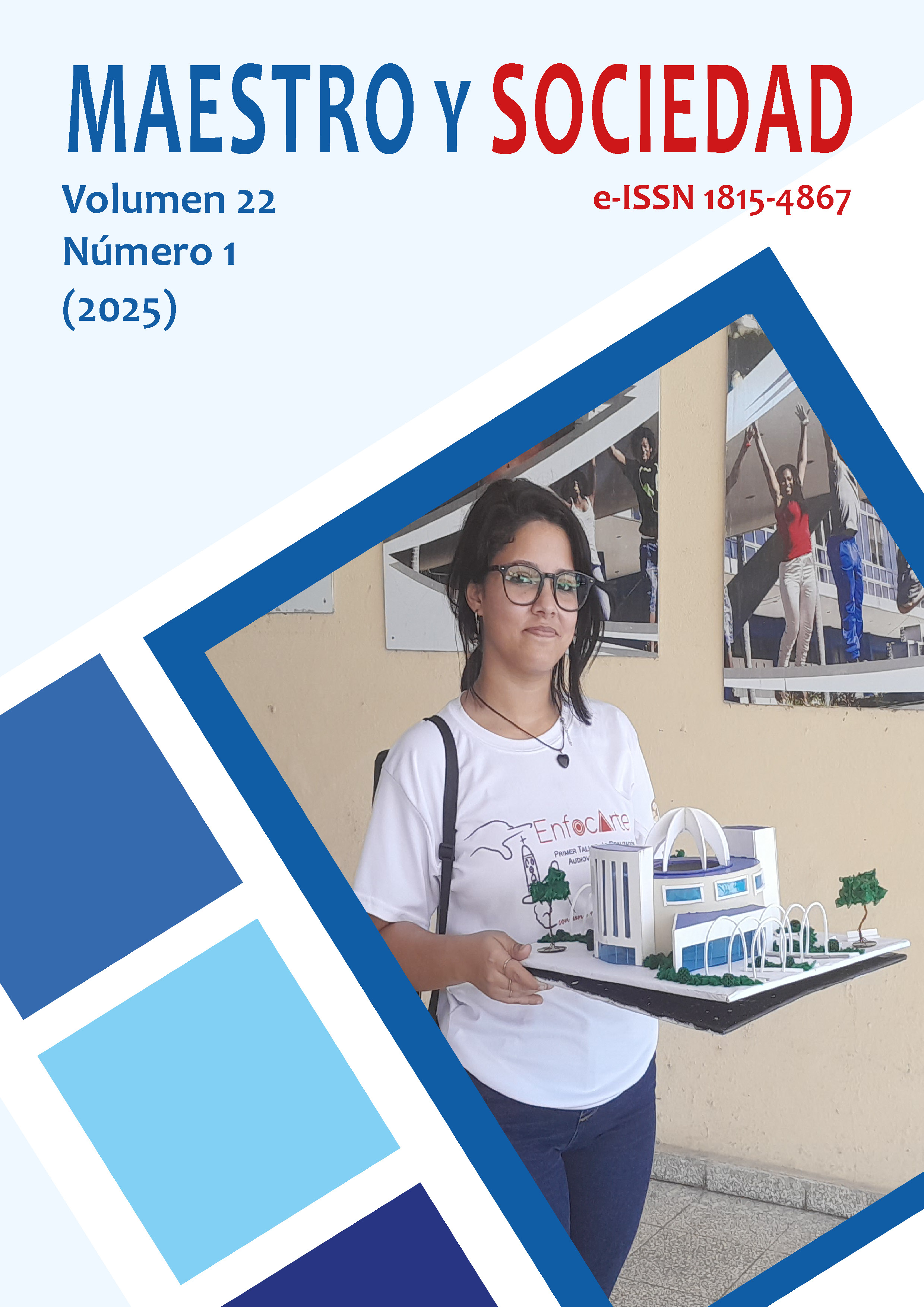Logotherapy revives the human spirit: from despair to hope
Keywords:
logotherapy, hope, emotional well-being, resilience, purposeAbstract
Introduction: In a world marked by hopelessness, logotherapy is emerging as a therapeutic approach that seeks to restore people's meaning in life. This study analyzes the effectiveness of logotherapy in diverse populations affected by emotional disorders. Materials and methods: Research published between 2019 and 2023 was reviewed, using rigorous inclusion and exclusion criteria to ensure the scientific validity of the results. The findings indicate significant improvements in the hope and emotional well-being of patients who participated in logotherapeutic interventions. Results: Studies reveal that logotherapy not only alleviates the symptoms of conditions such as depression and PTSD, but also promotes resilience and a sense of purpose in life. Discussion: Logotherapy presents itself as a valuable tool that can be applied in multiple contexts, including education and personal development, providing individuals with a path to a more meaningful and fulfilling existence. Conclusions: By addressing mental health from a meaning-centered perspective, logotherapy offers an innovative and effective approach to addressing contemporary emotional challenges.
References
Creswell, J. W., & Creswell, J. D. (2018). Diseño de investigación: Enfoques cualitativo, cuantitativo y mixto (5ª ed.). SAGE Publications.
Creswell, J. W., & Creswell, J. D. (2018). Research Design: Qualitative, Quantitative, and Mixed Methods Approaches (5th ed.). SAGE Publications.
Critical Appraisal Skills Programme (CASP). (2018). Listas de verificación de CASP. https://casp-uk.net/casp-tools-checklists/
Field, A. (2018). Descubriendo estadísticas usando IBM SPSS Statistics (5ª ed.). SAGE Publications.
Frankl, V. E. (2014). El hombre en busca de sentido. Herder Editorial.
Frankl, V. E. (2014). El hombre en busca de sentido: El clásico tributo a la esperanza desde el Holocausto. Rider.
García, A., & Figueroa, M. (2016). Investigación cualitativa en psicología: Métodos y aplicaciones. Editorial Universitaria.
Hernández Sampieri, R., Fernández Collado, C., & Baptista Lucio, P. (2014). Metodología de la investigación (6ª ed.). McGraw-Hill.
Hofmann, S. G., & Asmundson, G. J. G. (2020). La ciencia de la terapia cognitivo-conductual. Elsevier.
Hofmann, S. G., & Asmundson, G. J. G. (2020). The impact of stress on PTSD in patients undergoing logotherapy. Journal of Anxiety and Stress Disorders, 32(2), 115-124. https://doi.org/10.1016/j.jasd.2019.10.003
Johnson, B. R., & Christensen, L. B. (2017). Educational Research: Quantitative, Qualita-tive, and Mixed Approaches (6th ed.). SAGE Publications.
Johnson, B., & Christensen, L. (2017). Investigación educativa: Enfoques cuantitativo, cualitativo y mixto (6ª ed.). SAGE Publications.
Kline, P. (2015). A Handbook of Test Construction: Introduction to Psychometric Design. Routledge.
Kline, R. B. (2015). Principios y práctica del modelado de ecuaciones estructurales (4ª ed.). Guilford Press.
Páez, D. (2020). Evaluación de la eficacia de la logoterapia en contextos de desesperan-za. Revista de Psicoterapia, 32(2), 123-137. https://doi.org/10.1016/j.psico.2020.02.005.
Smith, J. A., Flowers, P., & Larkin, M. (2019). Análisis fenomenológico interpretativo: Teoría, método e investigación. SAGE Publications.
Smith, J. R., Doe, A., & Adams, E. (2019). Group logotherapy in the treatment of PTSD. Journal of Psychotherapy Integration, 29(4), 354-365. https://doi.org/10.1037/int0000137
Published
How to Cite
Issue
Section
License
Copyright (c) 2025 Diana Veronica Pardo Ochoa, María Belén Ramón Aldáz, Carlos Manuel Núñez Michuy, Katherine Cecibel Saltos Paredes

This work is licensed under a Creative Commons Attribution-NonCommercial-NoDerivatives 4.0 International License.
This journal provides immediate open access to its content, based on the principle that offering the public free access to research helps a greater global exchange of knowledge. Each author is responsible for the content of each of their articles.



























 Universidad de Oriente
Universidad de Oriente 